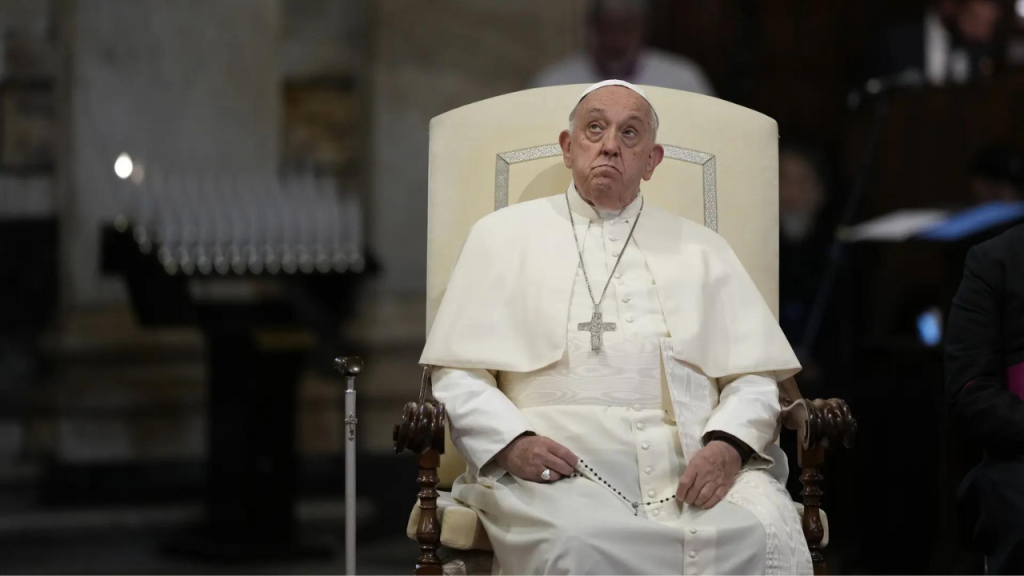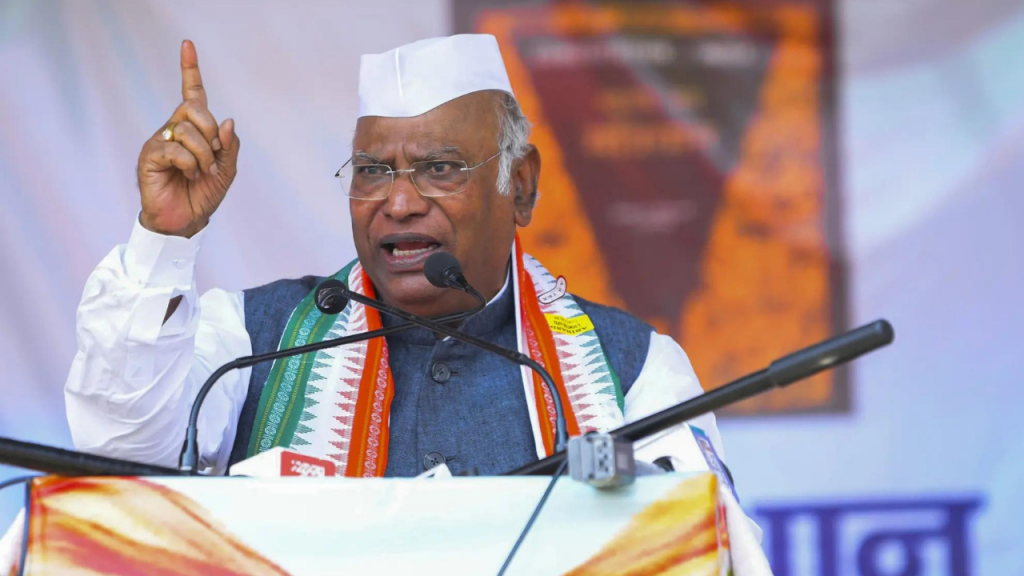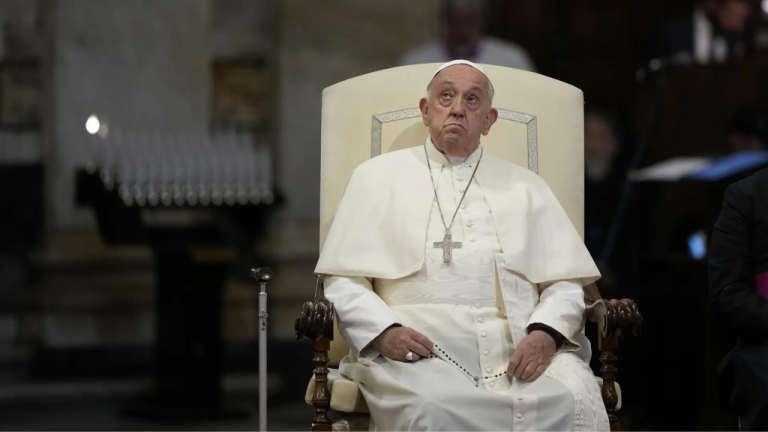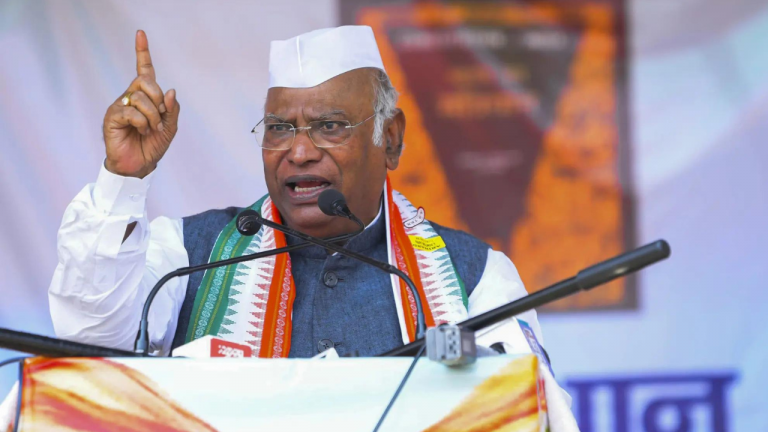After the fall of the Soviet Union, Ukraine inherited a significant nuclear stockpile. Despite possessing these nuclear weapons, Ukraine decided to give them up due to financial constraints and geopolitical risks. The 1994 Budapest Memorandum pledged security assurances to Ukraine, but they proved futile when Russia annexed Crimea and backed separatists in Ukraine. The current Russia-Ukraine conflict underscores the vulnerabilities of Ukrainian security in the absence of nuclear deterrence. The decision to disarm has left Ukraine exposed to external threats, necessitating a reassessment of its security strategies. The geopolitical landscape in Eastern Europe has shifted dramatically, with Ukraine finding itself caught in the middle of power struggles between Russia and the West. As Ukraine grapples with ongoing tensions and aggression from its neighbor, the issue of nuclear disarmament has come under scrutiny once again. The country faces the challenge of safeguarding its sovereignty and territorial integrity without the protection of nuclear weapons. With no immediate prospect of Ukraine regaining its nuclear capabilities, the focus remains on diplomatic efforts and international support to ensure its security. The repercussions of Ukraine’s disarmament decision continue to reverberate, underscoring the complex interplay between global politics and national security.
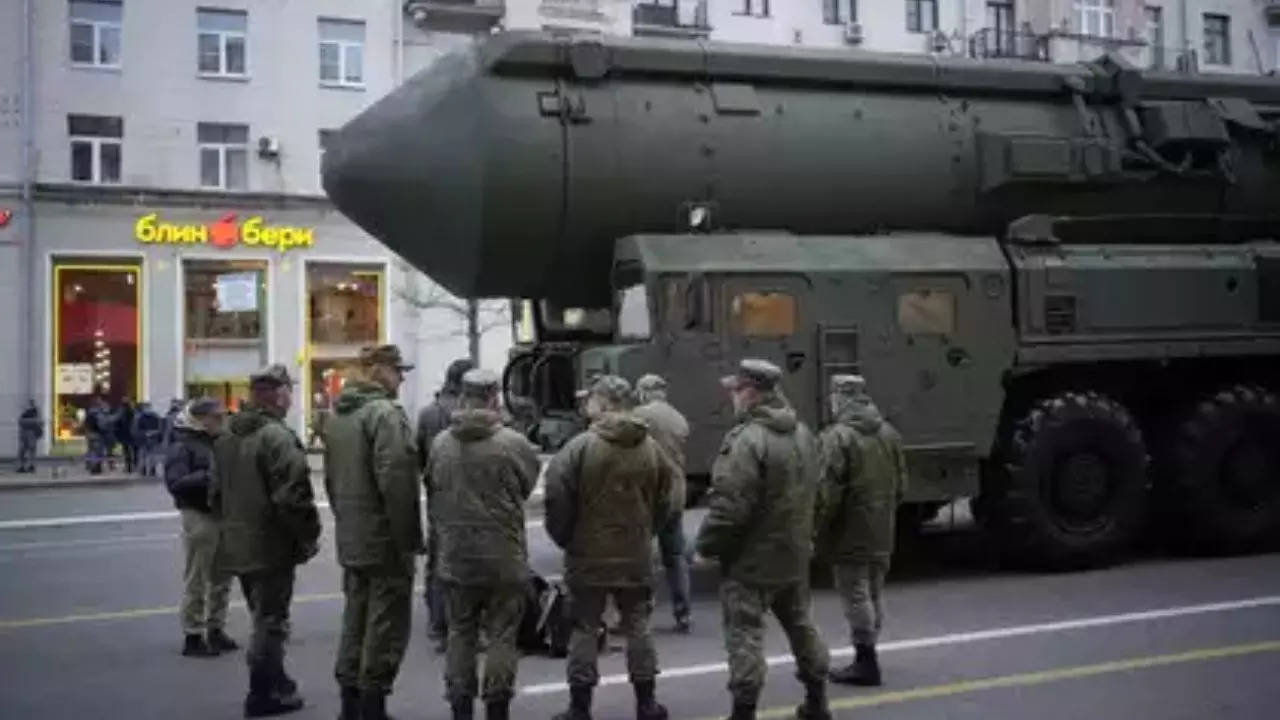
Posted in
JUST IN
Ukraine’s Post-Soviet Nuclear Disarmament: Impact on Security Amid Russia-Ukraine Conflict
In Trend







